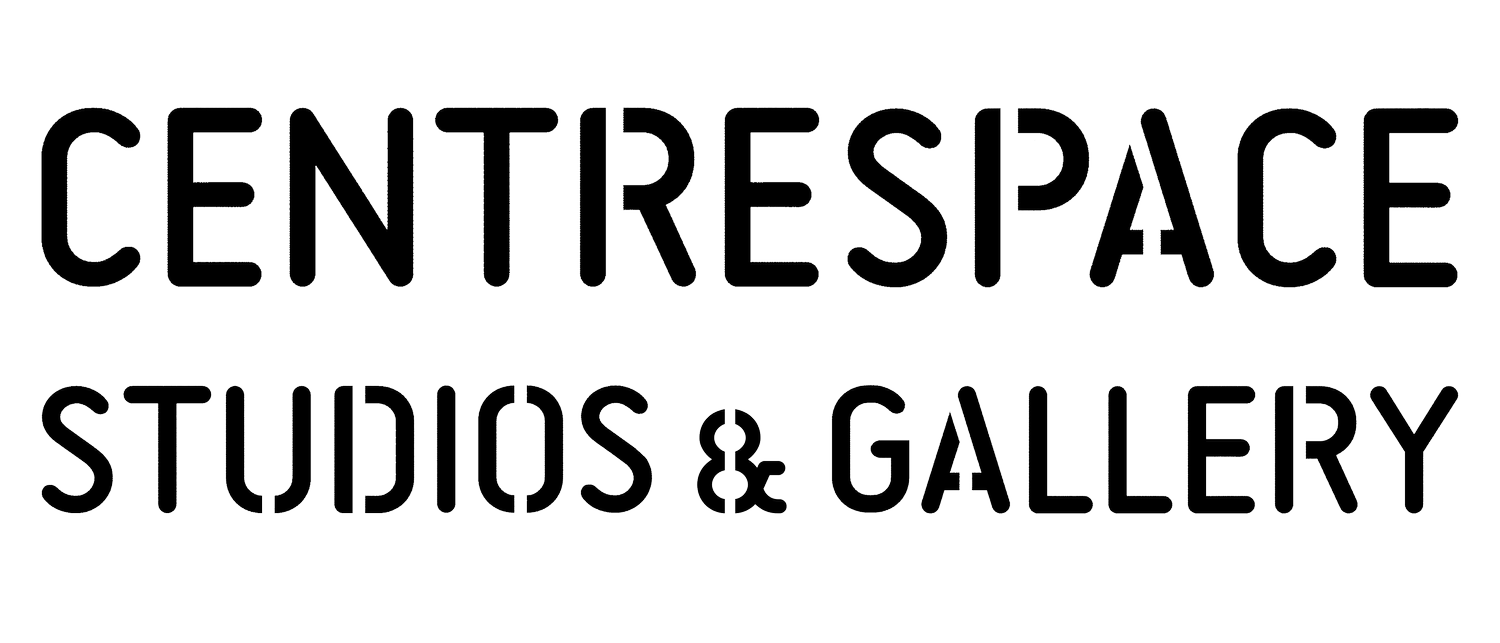Open Daily: 26 - 31 July 11.00 am - 8.00 pm
Opening Event Saturday 27th July: 5 pm - 10 pm
30 Min Reading/Talk, Daily: 2 pm, 7.30 pm
The show Work Tap takes it’s name from an anonymous ‘underground’ zine that swims in Berlin’s resurfaced swamp of prejudice, anxiety and political paranoia. But it’s not all doom and gloom at the copieladen: art must always overcome our worst fears, from the personal to the political. The zine features a collection of quotes from artists, journalists, academics and thinkers from around the globe. Voices and ideas of those working amongst multiple and structural socio/economic challenges. The zine is a work about intersectionality in times of censorship and mourning. Available by donation at Centrespace gallery alongside drawings, publications and an event series between the 26th and 31st of July, 2024.
The show’s drawings are bright, vibrant and evocative, while equally solemn, curious and moody. They come from different series’ of drawings over the past year that have at times attempted to predict the future, jump timelines, recall early memories and respond to both lightness and weight.
Alex is exploring the blockages to creativity as the means for creativity. He employs drawing as a critical pipeline between the brain in his head and the rest of his body. He invites the viewer and the reader to explore an embodied mind in contrast to the ‘embrained body’ that worries itself to physical and further psychological sickness. The drawings explore the impact of culture on our interior worlds as a way to access and process personal, childhood and young adult memories. The work stands in the present despite its ties to the past and to the future. A drawing that emerged from a 40 day drawings challenge in which the artist drew and published at least one drawing for 40
consecutive days, is titled: Requiem for a Child’s Experience of Time. Again, the personal and the political are deeply interwoven. Alex’s art is one of a number of ways he and the viewer are able to access the self-healing capacities of the human body and mind.
The artist and author first started to think seriously about time travel and multiple or inter- dimensionality while researching the God Shamash, from third millennium Susa, Iran in his 2021 book Ricochet (Ljå Forlag - Oslo). Shamash passes into our dimension via a gateway held open by two other deities. Or at least, that’s what the archeological record tells us. Carvings upon stone and then drawings of these carvings themselves, are passed down through the ages. He enjoys the idea that in this way Shamash is therefore also still with us now. Although Alex’s reasons for drawing are different, he has gravitated towards this mode of personal expression as a way of being in this world. One series’ title provokes the idea of the seer: one who can see into the future, or rather, see several possible timelines laid out before them. He began the ‘If I had to Draw...’ series around the time that the US military began to disclose what they tell us are revelations about the existence of non-human intelligences or NHI's. Without being overly cynical, renaming UFOs as unidentified aerial phenomena (UAPs), and aliens as non-human intelligences serves to banalise and then militarise multiple spiritual, temporal and existential dimensions as they are known and described by human thought. Naming these dimensions, like collapsing the wave function in quantum physics, flattens them into language. The deity Shamash, from 3rd millennium Iran is, for example a form of non- human intelligence. All this sets the stage for an ancient debate about the nature of consciousness, power, language and human destiny. These ideas continue to force the artist to question everything and this has inevitably resurfaced in his drawings. Initially inspired by Batik, specifically the designs carried over the last 15 years by Afrique Fabrics, Dalston, London, layering and revelation are integral to the works process. By drawing his visions and recollections he emphases an embodied form of knowing, one that no scientist, no military and no government can define, quantify or sell. The artist asserts his right to sell his own creativity and continue to make a living as an artist. The issue of selling art is then a question of to whom (and our online personas are also always fictions). Therefore a bricks and mortar gallery presents exciting opportunities for eye contact and work will be on sale during the exhibition.










